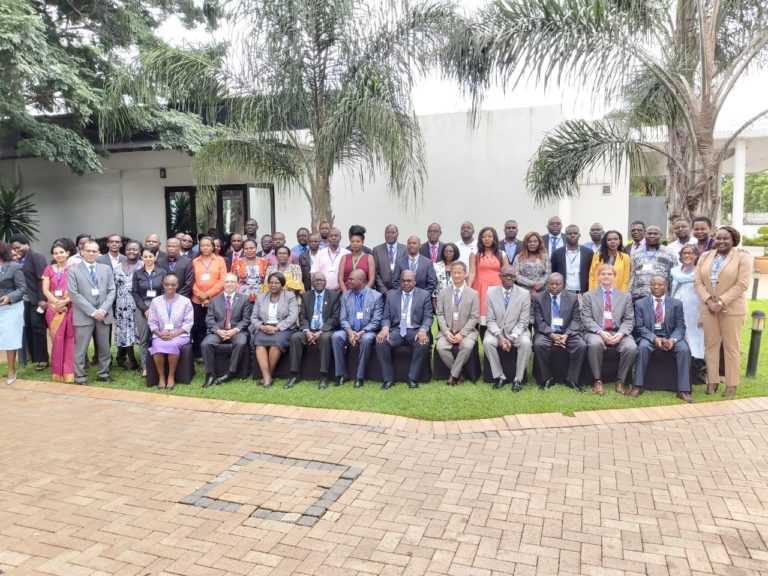Mr Ngulkham Gangte, the Indian High Commissioner to Zambia has warned that any country that ignores the effects of Antimicrobial Resistance (AMR) does so at its own peril.
SEE ALSO: ‘Priests Are Caring And Good In Bed’- Lady Reveals
AMR is the ability of a microorganism (like bacteria, viruses, and some parasites) to stop an antimicrobial (such as antibiotics, antivirals and antimalarial) from working against it.
Gangte gave the warning at a three-day Pan-Africa Workshop on Effective Implementation of National Action Plans on AMR, holding in Zambia.
The workshop, which has in attendance experts from 11 countries, is organized by the Zambia National Public Health Institute, Ministry of Health, Zambia.
It was organized in conjunction with the Centre for Science and Environment (CSE), the India-based think tank.
Journalists from five African countries, who shared their experiences from the ground and got to know what is being done to contain this crisis of AMR are also attending the workshop.
According to Gangte, the ability of organisms to resist antimicrobial treatment, especially antibiotics has direct impact on human and animal health.
“This carries a heavy economic burden due to the high cost of treatment and reduced productivity caused by prolonged sickness.
“AMR also impact food safety, nutrition security, livelihoods and consequently, attainment of several Sustainable Development Goals (SDGs).
“Therefore, we all must work together to prevent the menace of AMR in our countries,’’ Gangte advised.
Dr Chitalu Chilufya, the Zambia Minister of Health, also called on African countries to urgently act on the development and implementation of National Action Plans (NAPs) for AMR.
Chilufya said the objective of the workshop is to discuss the threat of AMR to humans, animals and the environment, its spread and impact in Africa as well as to understand the implementation of the NAPs on AMR.
“AMR is the consequence of the abuse and misuse of antibiotics, which poses a greater threat to public health security that robs countries of their aspirations for universal health coverage.
“There is the need for African countries to invest in resilient public health systems, which will gear towards reducing the inappropriate use of antibiotics among the public, ’’ Chilufya said.
He, therefore, called on the media to partner with their respective governments in educating the public on the need to stop the abuse and misuse of antibiotics.
Also, Mr Amit Khurana, Director, Food Safety and Toxins Programme, CSE, India, set the context for the workshop.
He called for innovative ways to manage the issue of access and excess of antibiotics usage.
Khurana said that the misuse and overuse of antibiotics in food-animal production is a key driver of AMR in humans who ultimately consume the animals and animal products.
“The global success to contain AMR will hugely depend on how we handle it, so we must use greater discretion in our approaches and implementations.
“The threat of AMR is real and globally reaching crisis levels.
“Therefore, there must be caution in the production of food and management of waste.
“We cannot afford to allow misuse of antibiotics and chemicals first in our system and then after spending a lot to clean it up from their food and environment,’’ Khurana said.
The News Agency of Nigeria (NAN) reports that part of the highlights of the workshop was the launch of five key reports including the “Down To Earth’s (DTE) From Cure to Killers”.
Also launched is the road map to phase out non-therapeutic antibiotic use and critically important antibiotics in food-animals and baseline information for integrated AMR surveillance in Zambia.
Zambia’s Multi-Sectoral National Action Plan on AMR and Zambia’s integrated AMR Surveillance Framework was another report that was launched.

